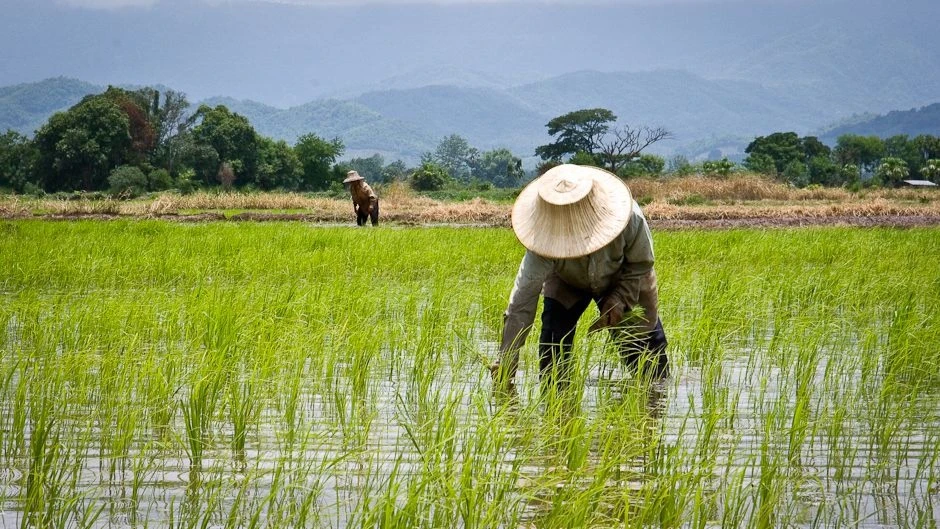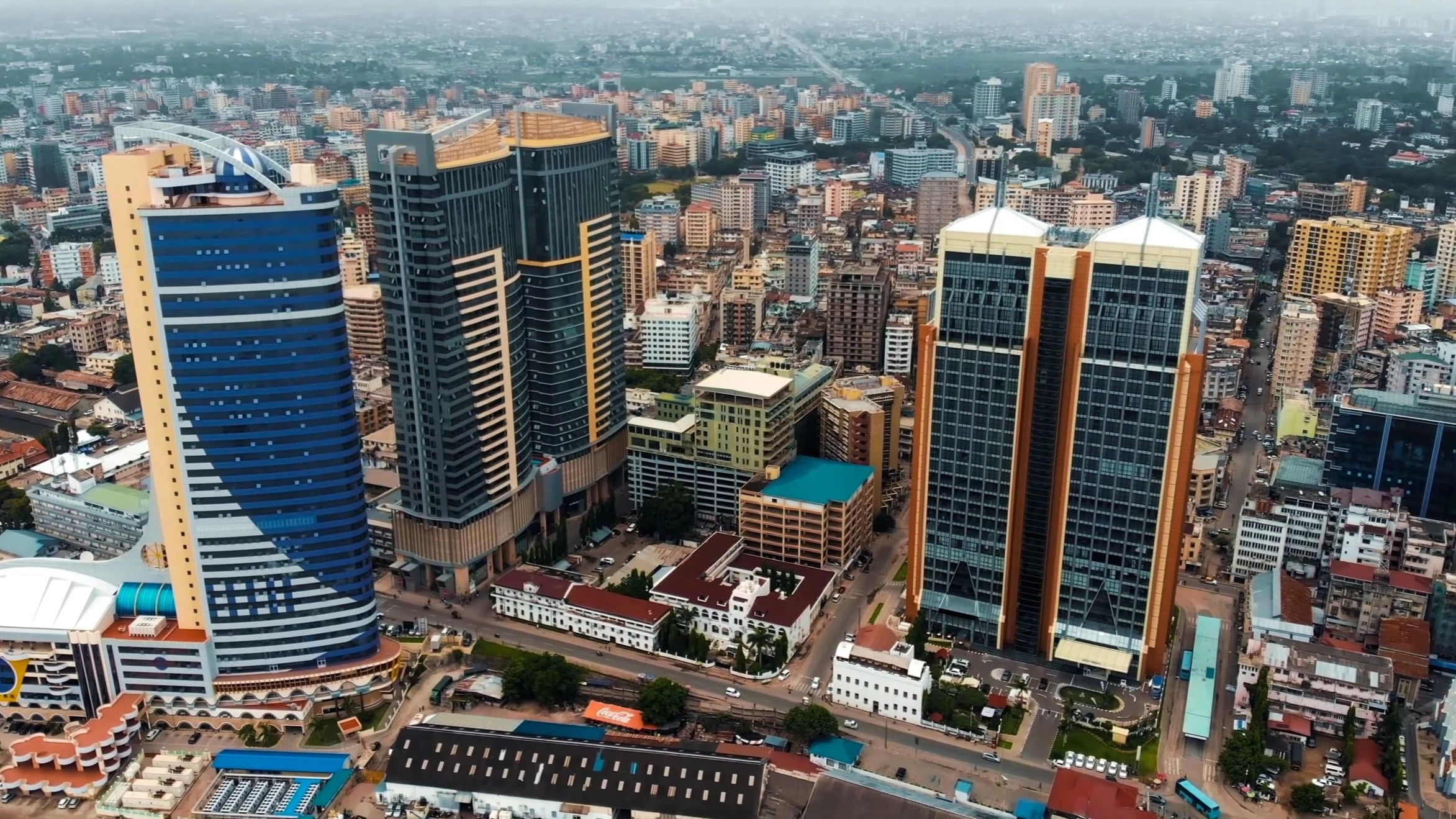Chinese-introduced rice variety to Zanzibar farmers prove successful

ZANZIBAR plans to approve a new drought-resistant rice variety-WDR-73 developed by the Shanghai Agro-Biological Gene Centre to enhance agricultural production.
The variety was introduced in March and has demonstrated promising results.
Speaking recently here, Zanzibar’s Permanent Secretary in the Ministry of Agriculture, Irrigation, Natural Resources and Livestock, Ali Khamis Juma said that the pilot project for the new rice variety has been successful.
He indicated that the government could approve it for commercial use by the end of the year.
The PS’s remarks came during a visit by experts from China Agricultural University (CAU), who travelled to Zanzibar to assess the new rice variety’s development.
The drought-tolerant rice was planted on one acre at Kibonde-Mzungu farm, located on the outskirts of Zanzibar city. After 115 days, the crop was harvested, yielding 2.5 tonnes of rice per acre.
Dr Liu Zao Chang from the Shanghai Agro-Biological Gene Centre noted that the rice variety matures 10 to 20 days earlier than local varieties and is particularly well-suited for higher ground.
He highlighted that this rice could significantly boost food production in African countries and help reduce methane emissions, which are associated with global warming.
The rice’s adaptability to low-water environments and its reduced fertilizer needs, just one-third of conventional varieties, are also significant advantages.
Experts have indicated that this new rice variety not only increases yields in food-insecure regions but also minimizes farming’s carbon footprint and fertilizer requirements.
Dr Liu suggested it could compete with hybrid rice in yield and perform well in less-than-ideal fields, saving labor by allowing direct planting of seeds rather than nurturing seedlings.
Dr Salum Faki Hamad from the Zanzibar Agricultural Research Institute (ZARI) said: “The Chinese experts brought these seeds for trials and started with a smaller planting density. The harvest has been surprisingly large.”
He believes this variety can help transform farming in Zanzibar and improve farmers’ incomes during harvests.
Dr Hamad urged rice farmers in Unguja and Pemba to access the weather-resistant seeds, as rice is a staple food for many residents.
China has a long history of supporting food self-sufficiency in Africa and has introduced similar water-saving and drought-resistant rice strains to other East African countries, including Rwanda, Burundi, Uganda, and Kenya.
Top Headlines
© 2024 IPPMEDIA.COM. ALL RIGHTS RESERVED






















